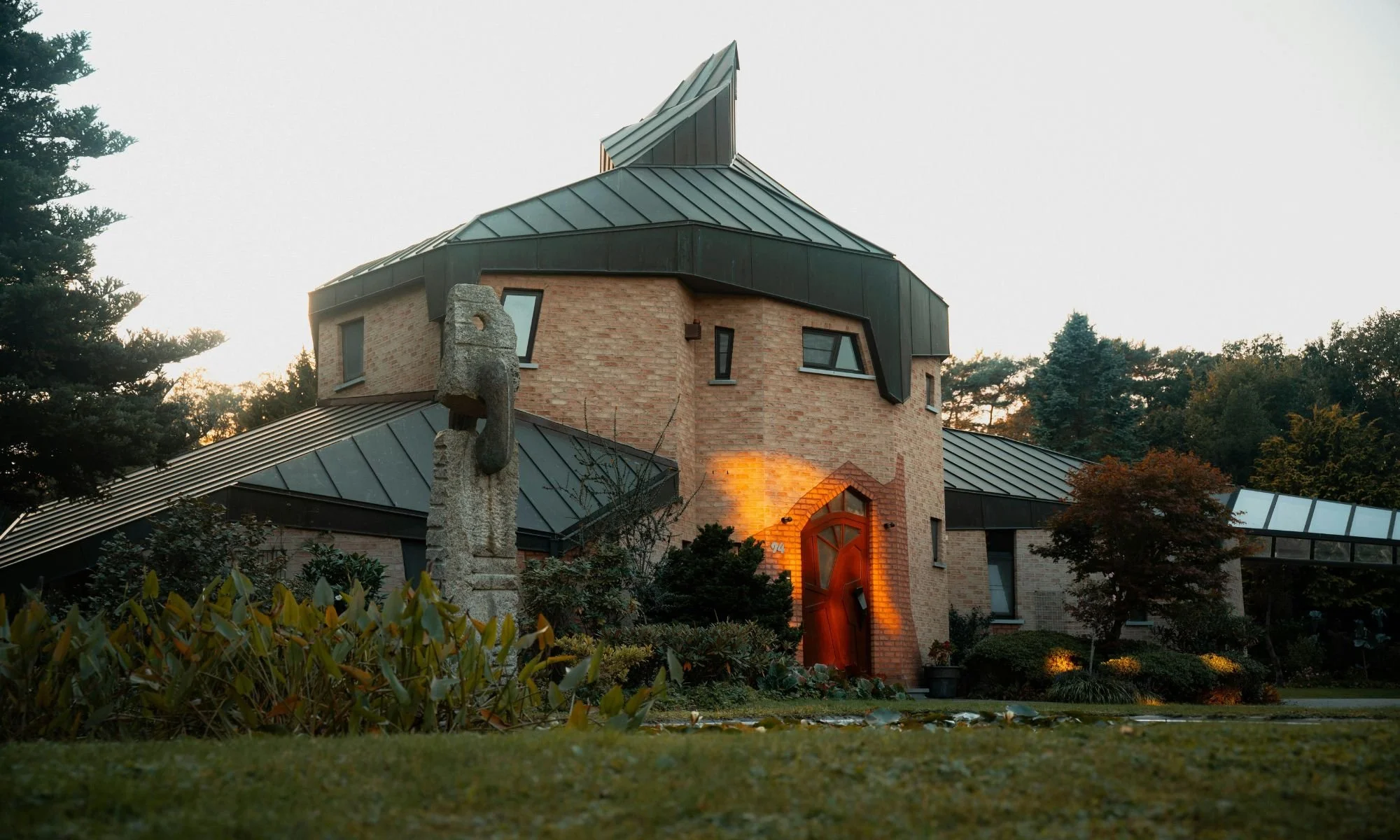4 Tips for Assessing Unique Homes as Profitable Investments
Investing in real estate can be a lucrative way to build wealth, but assessing the right property is key to success. When it comes to unique homes—properties that stand out due to their architecture, location, or features—it’s crucial to approach them with a specific strategy. Whether you’re an experienced investor or new to the real estate scene, understanding how to assess the potential of unique homes will help you make informed, profitable decisions. Here are four essential tips for evaluating unique homes as investments.
1. Understand the Market Appeal and Demand
The first step in assessing any investment property is evaluating its appeal and demand within the market. Unique homes, by their nature, may not always conform to conventional preferences, but they often attract a specific buyer demographic who appreciate the special characteristics of the property.
Consider These Key Factors:
Target Market: Determine if there is a niche market interested in the home’s unique features, such as historical significance, unusual architectural design, or rare location.
Location and Amenities: The location of a unique property can be a powerful draw. Properties in desirable areas—such as those with scenic views, proximity to downtown, or exclusive neighborhoods—often hold strong appeal, even if they are unconventional in design or layout.
Market research can help you understand whether the unique qualities of the home will attract enough potential buyers or renters to ensure profitability. Work with a local expert to gauge the current real estate trends in your target area.
2. Assess the Potential for Renovation or Customization
Many unique homes may require renovations or customization to maximize their value. Understanding the home’s condition and how much investment is needed to make it more marketable is essential for ensuring profitability.
Key Considerations Include:
Structural Integrity: Have the home thoroughly inspected by professionals to ensure there are no major structural issues that could hinder future upgrades or safety.
Renovation Potential: Evaluate whether the space can be modified to suit current design trends or market demands. For instance, does the floor plan allow for additional rooms or more modern amenities?
Cost of Improvements: Get estimates from contractors on how much it would cost to bring the home up to current standards. Factor in this cost into your calculations for ROI.
Renovating a unique home can increase its value, but it’s important to carefully weigh the cost of these improvements against the expected return. In some cases, a seemingly unique property might require fewer changes than you think to become profitable.
3. Focus on Long-Term Value and Appreciation
When assessing a unique home for investment purposes, don’t just focus on short-term profits. Instead, consider the long-term value and appreciation potential. Some unique homes might take longer to sell, but their value can increase significantly over time, especially if they’re located in an up-and-coming area or possess characteristics that become more desirable in the future.
Factors Influencing Long-Term Value:
Historical Value: Properties with historical significance can appreciate over time as they gain recognition or as demand increases for vintage homes.
Future Developments: Research upcoming developments in the area. If the neighborhood is seeing new schools, infrastructure projects, or other improvements, this can boost property values in the future.
Supply and Demand: In unique property markets, limited supply can increase demand over time. If a property has distinctive qualities that cannot be easily replicated, it could become a highly sought-after commodity in the future.
Long-term investment in a unique home can be highly rewarding, especially if you can anticipate where the market is headed and position the property for future success.
4. Get a Professional Appraisal to Ensure Accurate Valuation
One of the most critical steps in evaluating a unique home as an investment is getting an accurate appraisal. Unique properties can sometimes be difficult to value due to their unconventional features, which is why it's important to work with a professional appraiser who understands how to assess the home’s potential beyond standard comparable sales.
Why a Professional Appraisal is Essential:
Accurate Market Value: Appraisers will take into account not only the home’s unique qualities but also its condition, location, and the current market conditions in your area.
Comparable Sales: While there may not be many exact comparables for a unique home, a professional appraiser can identify homes with similar features and adjust accordingly.
Investment Potential: Appraisers can help you determine how much the property will be worth after renovations or upgrades, ensuring you’re making a smart investment decision.
A professional appraisal gives you an unbiased, expert assessment that will help guide your financial decisions. It’s an essential tool in determining whether a unique home will deliver a profitable return on investment.
Final Thoughts
Investing in unique homes can be both exciting and profitable, but it requires a discerning eye and careful planning. By understanding the market appeal, assessing renovation potential, focusing on long-term value, and securing a professional appraisal, you’ll be in a stronger position to make sound investment decisions. Unique properties may take more work to assess and invest in, but the rewards can be substantial if approached with the right strategy.
At Austin & Austin Appraisal Services, we specialize in providing accurate appraisals for unique properties to help investors make informed decisions. Whether you’re interested in a historic home, a property with unconventional design, or a unique piece of land, we’re here to guide you through the process and ensure that you have all the information you need to maximize your ROI.
Ready to explore a unique investment property? Contact us today to schedule your appraisal!





